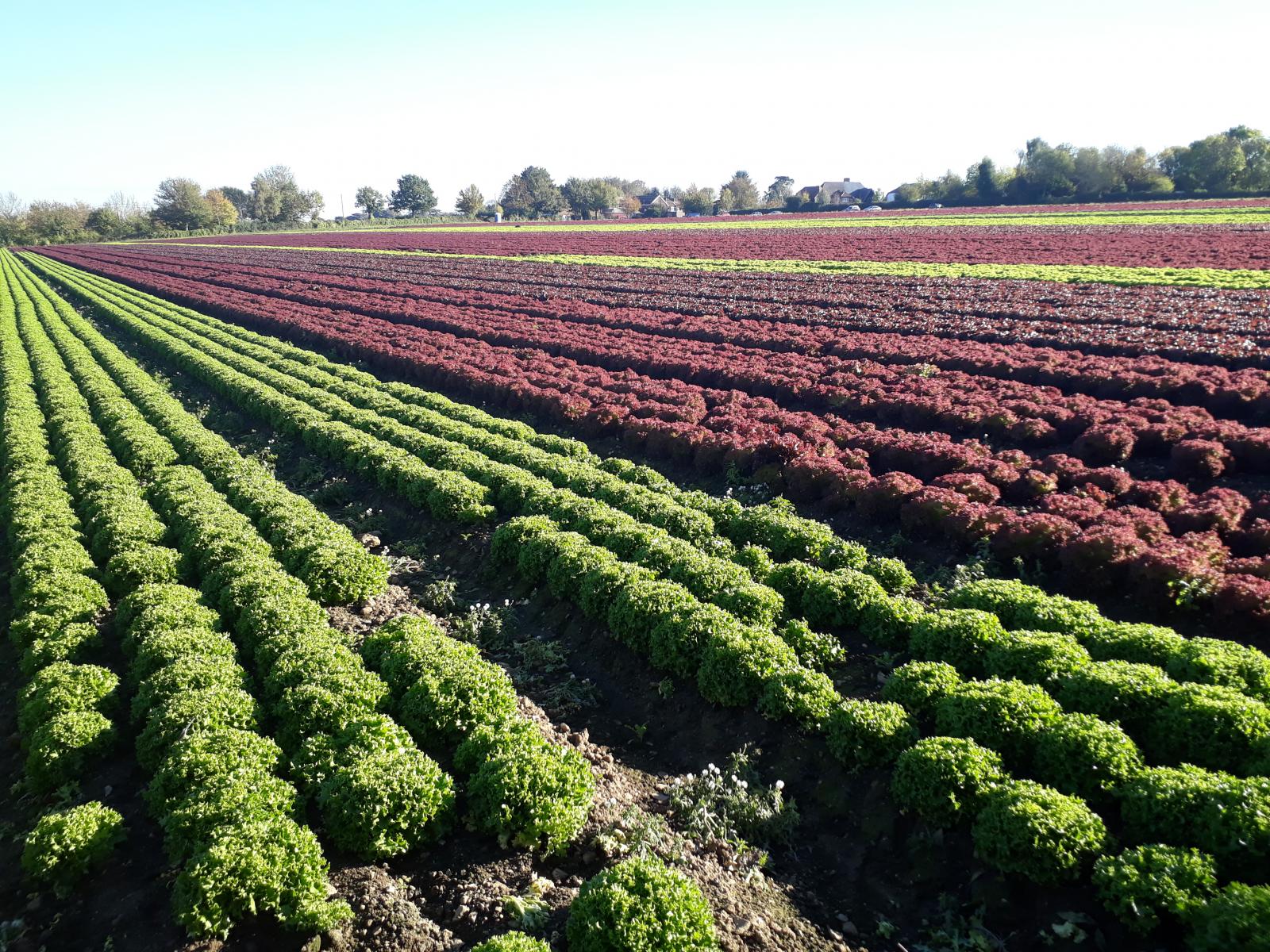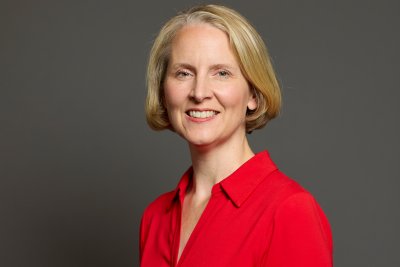 Credit: Ben Reynolds
Credit: Ben Reynolds

What role does finance play in creating a fairer food system?
Simon Crichton from Triodos Bank UK’s specialist food and farming business banking team explains how banks could help the transition towards agro-ecological farming.
At times such as these, when the everyday norm is so shaken from its very foundation, we can often have the motivation to explore new ways of thinking. For example, many are revaluating the importance that we place on food, farming and supply chains in the UK.
I hope that as society recovers, the coming months will be a key time for those working across the food and agricultural sector to discuss the role that climate and nature-friendly farming methods have to play in maintaining a secure and resilient food system. As a bank, it’s an important moment to see how we can best support the sector – and to consider how other banks should too.
Food plays an important role in people’s everyday lives as it nourishes us, connects people with others and with nature and is an important element in many cultures and traditions. As food and agriculture are closely connected to the essence of Triodos Bank, it has historically been, and will continue to be, an important area of focus for us.
If you’re new to Triodos and open a current account, savings account or cash ISA, the bank will donate £40 to Sustain, as a thank you, once your balance reaches £100. Visit triodos.co.uk/sustain for product and promotional eligibility, terms and conditions.
We want to continue to support farmers and food businesses that are working towards truly sustainable and ethical practices – by maintaining high animal welfare standards or avoiding the use of pesticides and chemicals, for example. We do this by providing financial services and sector expertise that has been honed over 25 years in the UK.
We believe the current system has reached its limits regarding its negative impact on people and planet. Thankfully, the momentum for systemic change is building. The challenges facing food and agriculture systems are high on the agenda, at both global and local levels.
People are becoming more aware of the challenges and urgency in relation to food and agriculture systems, and many positive trends are already visible in society as a result. A return to growth of sustainable agriculture can be seen worldwide – whether defined as organic or agroecological farming – in addition to the growing interest in local and short supply chains.
It is increasingly recognised that systemic transformation requires economic, socio-cultural and institutional changes that reinforce each other. The finance sector has a key role to play in backing this transformation. Triodos Bank aspires to be a catalyser for these positive developments through lending and investments as well as through thought leadership.
Indeed, all banks have a duty to use the money deposited with them in their customers’ long-term interests, but many have prioritised short-term, profit-driven agriculture and food production over a longer-term strategy. Much like the funding of fossil fuels by banks, funding intensive farming is a threat to both the planet and financial assets. All banks should look to transition away from businesses who do not give due regard to the environmental impact of their activities in the name of shareholder return.
What’s more, as a society and through government, we need to revalue natural systems, our food, and the people who produce it, culturally, as well as financially – in the same way we are re-evaluating those who look after us in the front line of this crisis today.
True pricing is the monetary valuation of social and environmental factors. Currently, damage to the environment, health and society are paid through taxes imposed on citizens, while sustainable practices are not rewarded. Tools must be developed to reassign these costs and consumers must be educated as to what the true cost of food really is. We need to keep talking about it and ensure the powerful collective action that has been applied to the Covid-19 crisis can be transferred to the climate emergency and food transition too.
Overall, we believe that we must return to a system that produces food in harmony with nature, rather than working against it. At the same time, a balanced and resilient food system should be created to promote healthy diets and deliver fair pay for farmers. Only by working together and sparking a dialogue with external actors in food and agriculture systems – such as consumers, businesses, knowledge institutes, financiers and policymakers – can we make change happen.
If you’re new to Triodos and open a current account, savings account or cash ISA, the bank will donate £40 to Sustain, as a thank you, once your balance reaches £100. Visit triodos.co.uk/sustain for product and promotional eligibility, terms and conditions.
Sustainable Farming Campaign: Pushing for the integration of sustainable farming into local, regional and national government policies.
Sustain
The Green House
244-254 Cambridge Heath Road
London E2 9DA
020 3559 6777
sustain@sustainweb.org
Sustain advocates food and agriculture policies and practices that enhance the health and welfare of people and animals, improve the working and living environment, promote equity and enrich society and culture.
© Sustain 2026
Registered charity (no. 1018643)
Data privacy & cookies
Icons by Icons8







